Through the Darkness: Episodes 11-12 Open Thread (Final)
by solstices
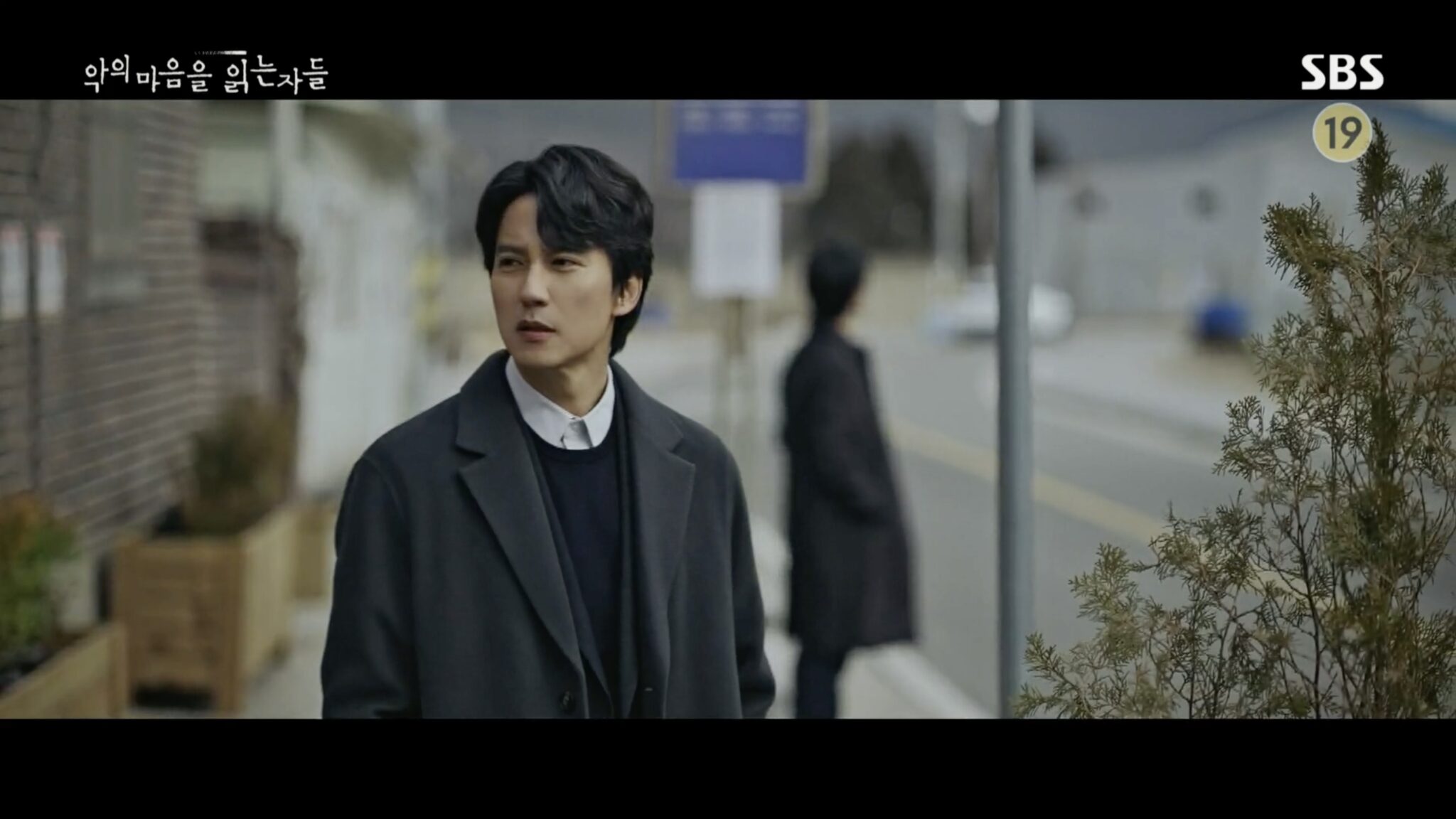
After wading far too deep into the darkness, our protagonist grapples with retaining his humanity in spite of the desolation creeping up on him. An unexpected encounter reminds him of his roots, which may be just what he needs to pull himself back from the brink.
EPISODES 11-12 WEECAP
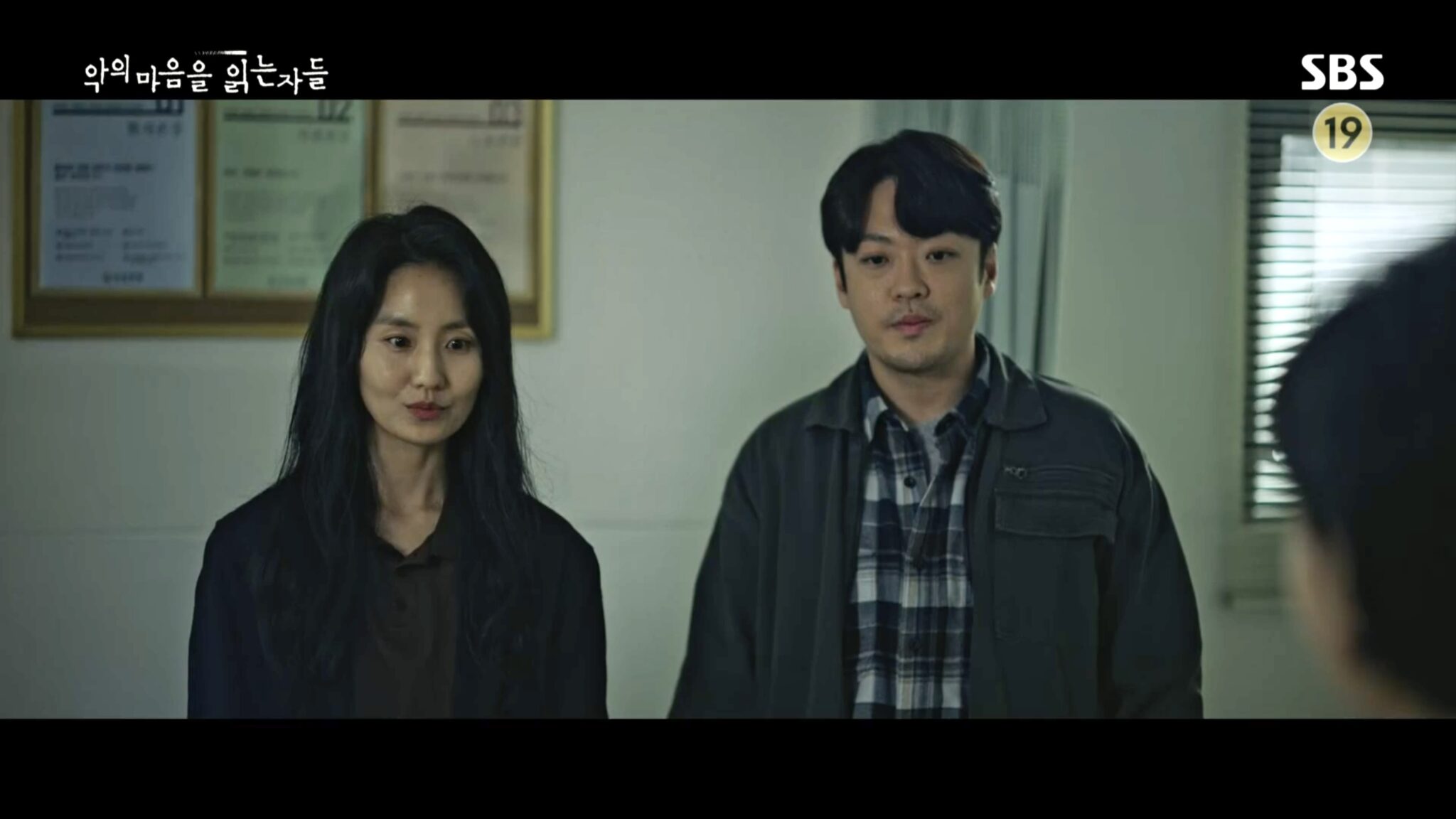
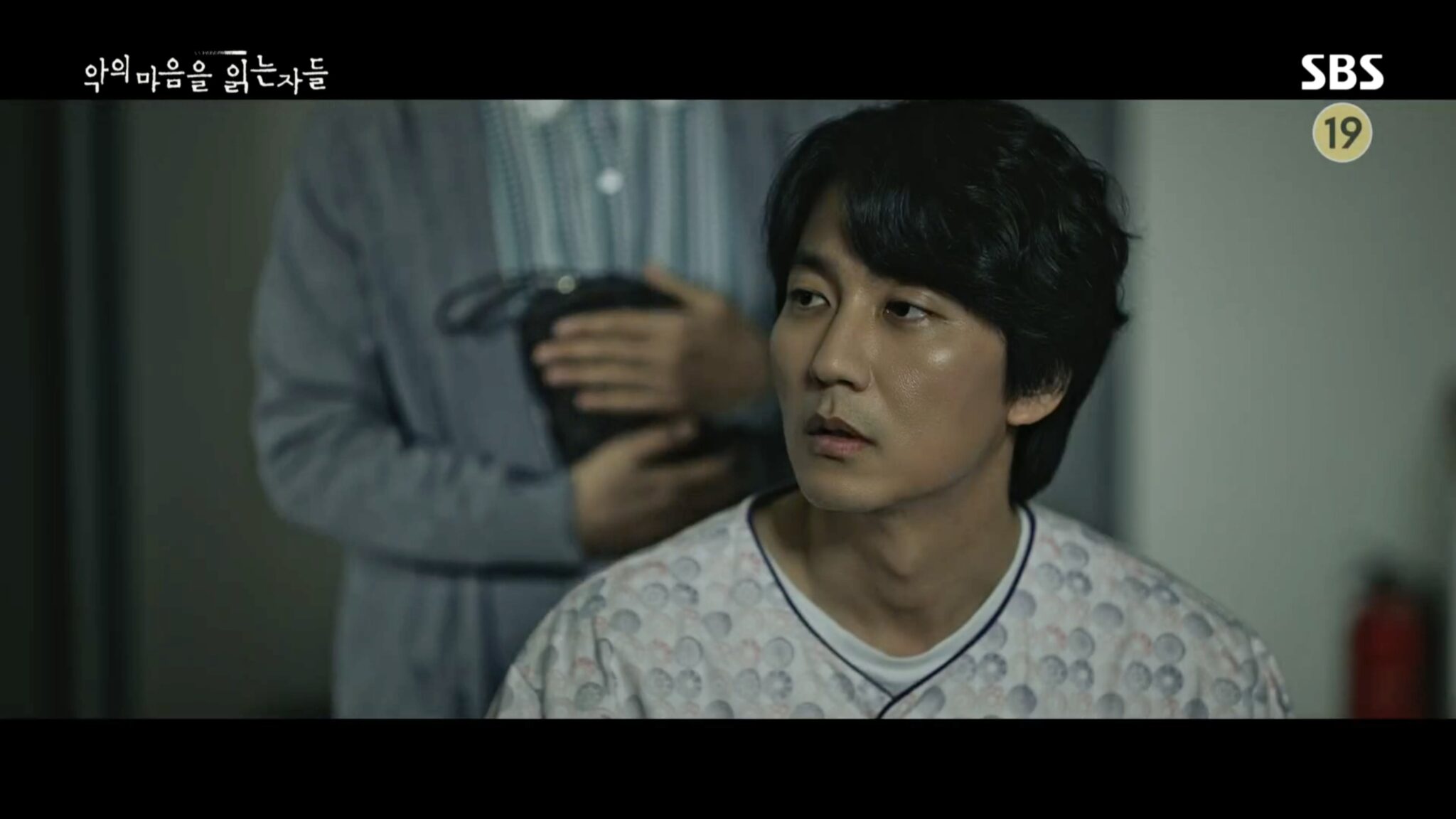
Phew, Ha-young regains consciousness, though he’s still in poor shape. After struggling through his rehabilitation exercises, Ha-young returns to his ward to find Tae-gu and Il-young waiting there. Aw, Tae-gu tells him to get better soon so they can work together again. Ha-young’s exhausted, though, and he informs them that he has no plans of going back.
In a flashback, we see that he turned in his resignation letter to Young-soo. Having spent more time with his mother since being hospitalized, Ha-young had realized how long it’d been since he’d last been able to spend his days normally. He confesses to Young-soo that constantly putting himself in the criminals’ shoes had made him anxious that there might be that sinister side in him, too.
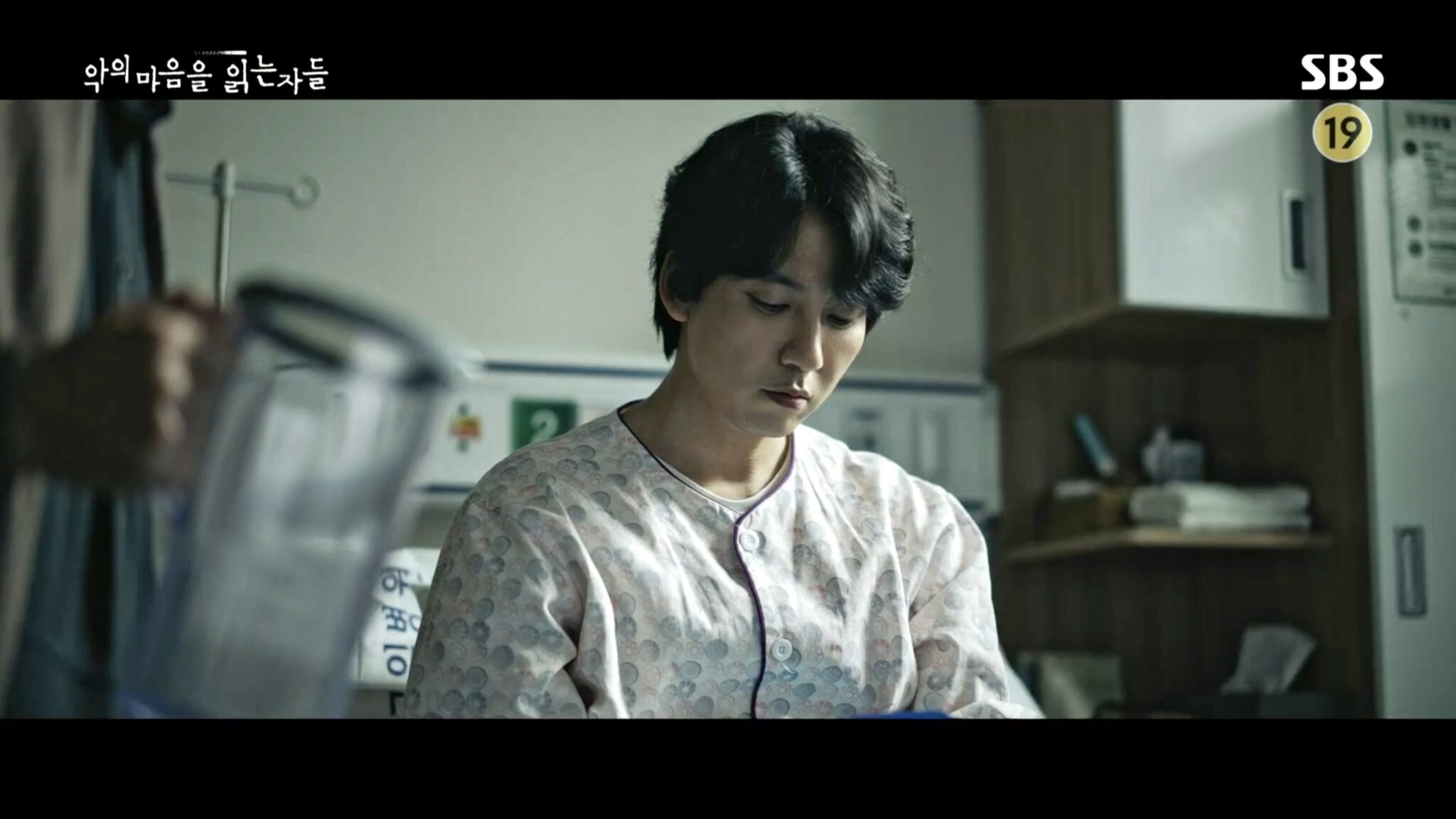
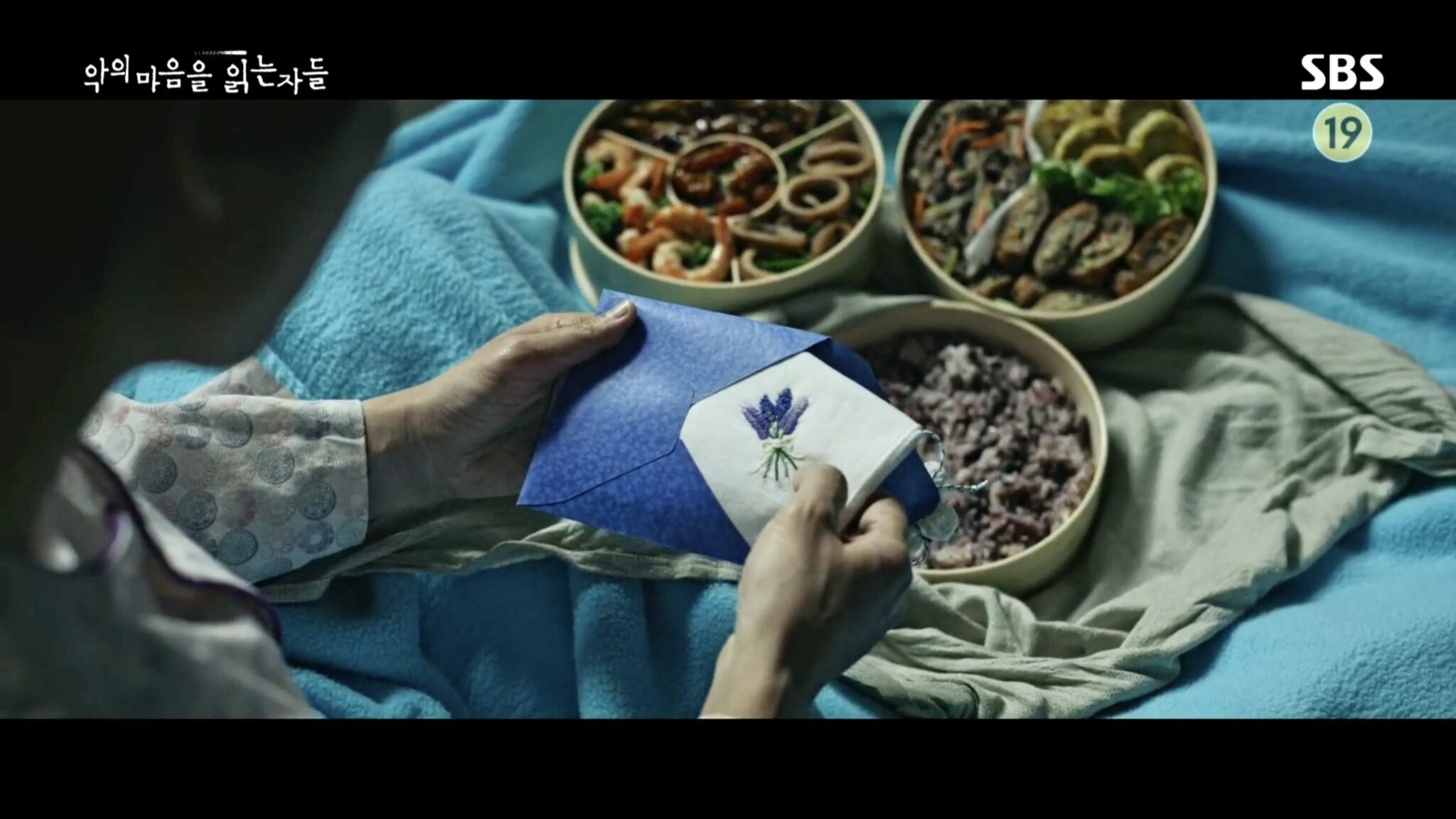
It’s just as Young-soo says: the criminals take advantage of the interviews to pour out their unfiltered, filthiest intentions, and Ha-young ends up absorbing and internalizing it all. Likening it to a garbage disposal that filled up until it became too much, Young-soo knows that Ha-young needs time to empty it all out of his system.
In the hallway, Ha-young crosses paths with Hwa-yeon’s mother, now a volunteer at the hospital. Later on, she visits his ward with a homemade lunchbox, and with it is the handkerchief he’d given her all those years ago, carefully washed and kept in pristine condition.
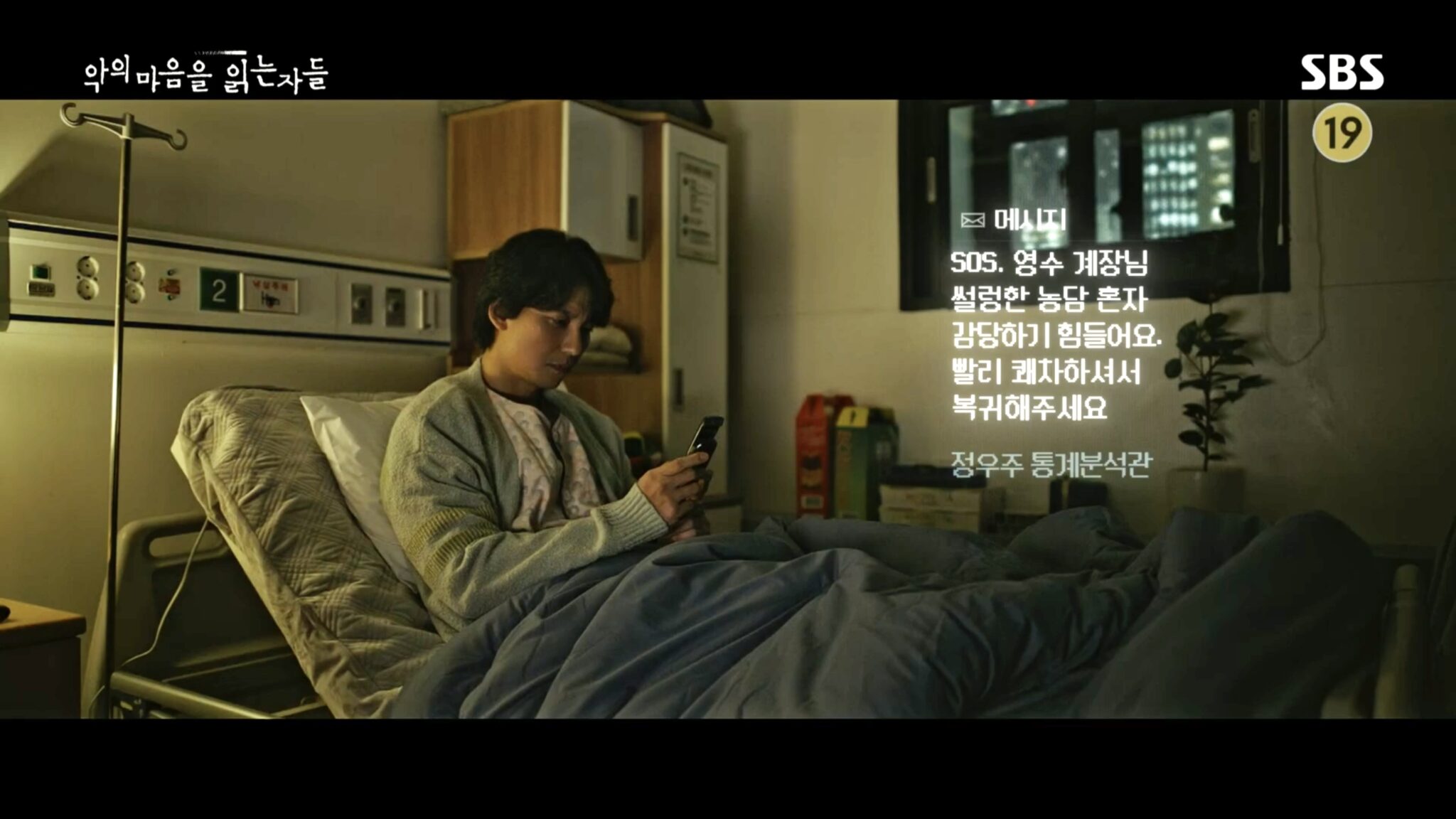
I really like how the handkerchief is used as a recurring motif for empathy. In contrast to the one he’d lent to a murderer as a ploy, which he later had to discard in disgust, this handkerchief offered out of genuine compassion was treasured for years.
That night, Ha-young reads through all the concerned and supportive messages his colleagues sent him. He looks through his case notes too, and comes across a page where he’d written a reminder to only think about the victims and their bereaved families. It’s heartbreaking that Ha-young started out so confident in his profiling despite almost everyone else reacting with distrust, but now the tables are turned — his colleagues all have faith in him, but Ha-young can’t find the strength to believe in himself.
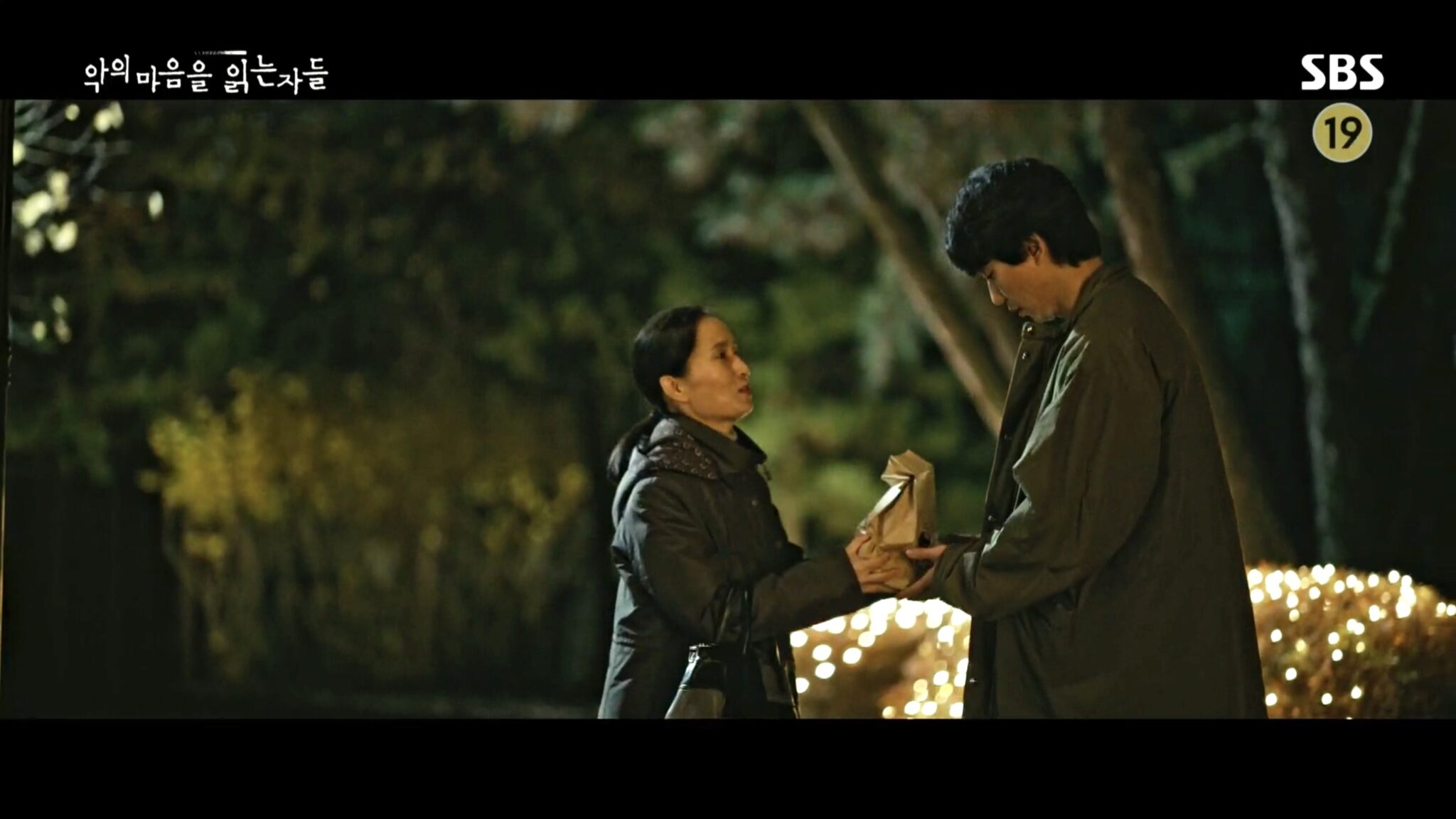
Ha-young and Hwa-yeon’s mothers cross paths again some time later, and Hwa-yeon’s mother says that she didn’t think he’d remember her. Ha-young says that he does, but that he hadn’t had the courage to face the victims or their families again. She admits that she feels the same; when she first saw Ha-young again, all the terrible memories had come rushing back.
It was only after taking out the handkerchief again that she realized she’d been able to hold on for this long thanks to the people who had done their best for her and Hwa-yeon — such as Ha-young. She entreats him to continue helping more victims, so that no one else has to lose their loved ones.
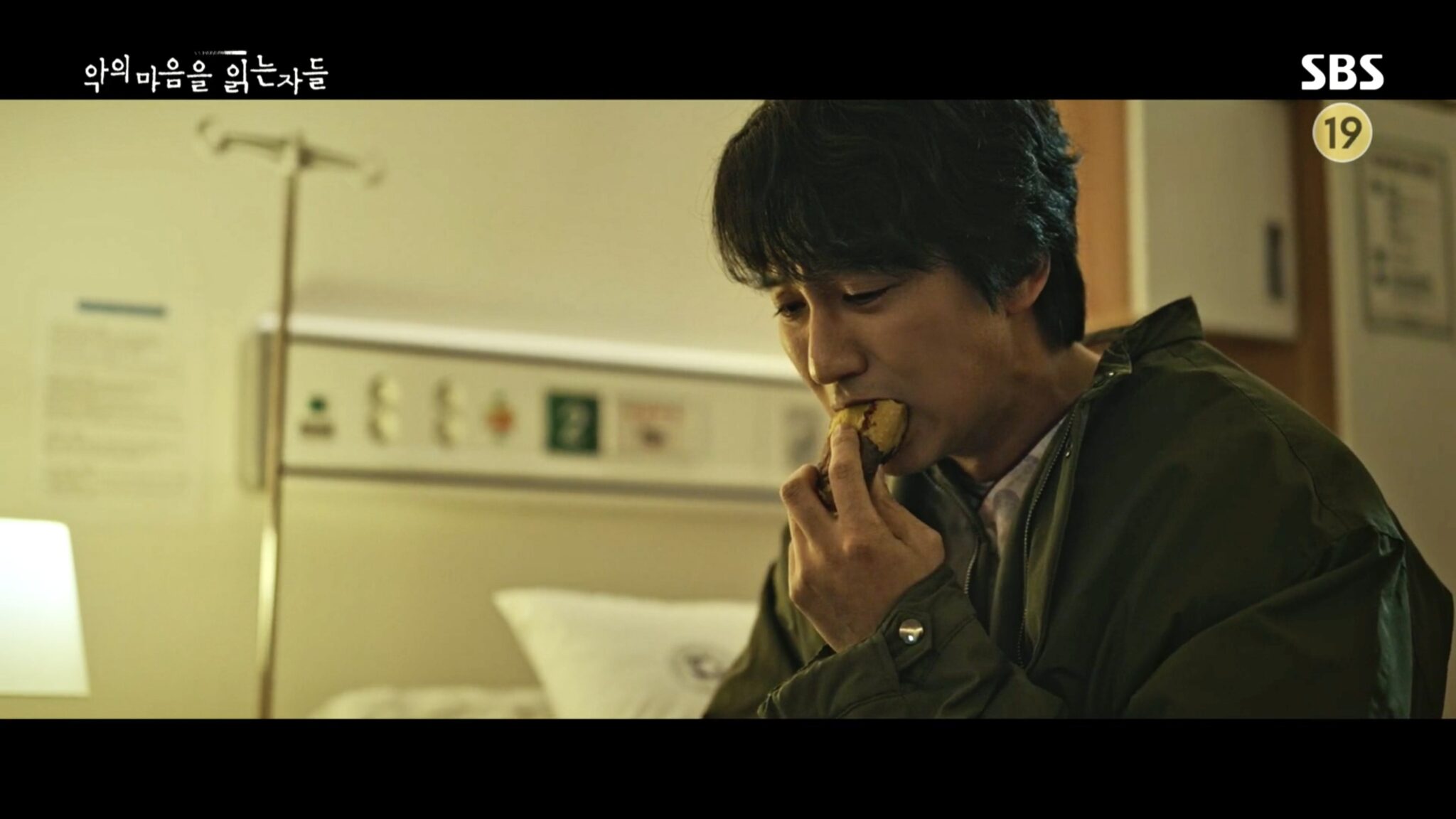
Later, alone in his ward, Ha-young cries as he eats the sweet potatoes she’d bought for him. I love how poetic this encounter is, and how Ha-young’s kindness came full circle, returning to him when he needed it most. It really shows that all the good he’d tried so hard to put out into the world wasn’t for naught, and that he’d truly made a lasting impact on others for the better.
After six months, Ha-young is finally discharged, and Woo-joo and Yoon-ji go to visit him. Afterwards, they run into an awkward Young-soo in the elevator, and Young-soo cooks up a half-baked excuse to leave right upon arriving. Omg, Ha-young responds that he’ll see him in the office! He’s not quitting! The tiniest hint of a smile appears on Ha-young’s face after the elevator doors close, and on the other side, Young-soo and Woo-joo have the widest grins on. Aww.
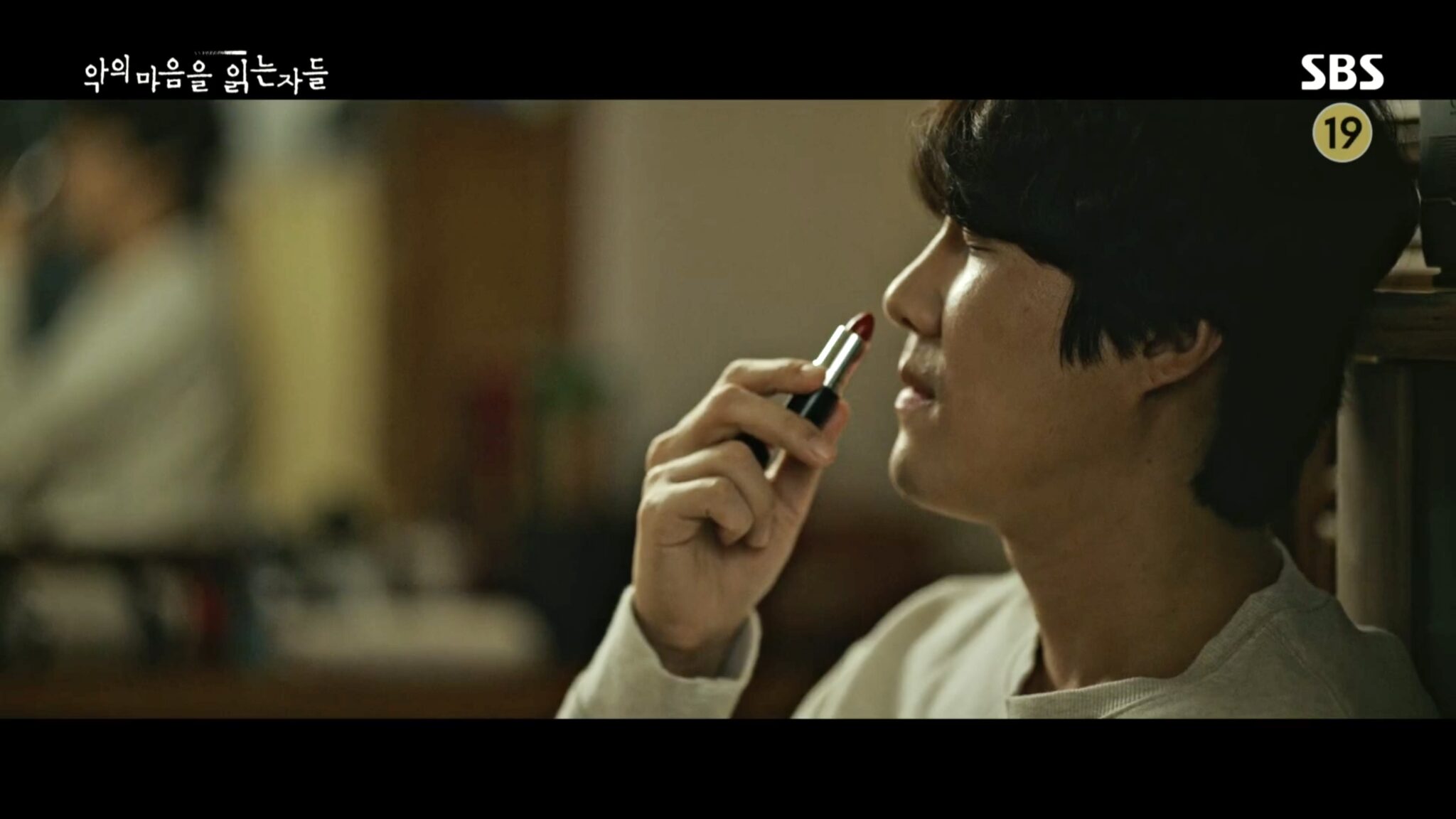
Meanwhile, Ha-young’s old colleague Dae-woong is back; he’s investigating the disappearance of karaoke hostesses. In a display of character development, Dae-woong requests for Ha-young to be brought onto the case, since he has a knack for identifying links between disparate cases.
The killer claims victim after victim, and the way he manipulates and guilt-trips the women into getting into his car makes my skin crawl. He puts on a genial and amiable demeanor, acting hurt that they’re suspicious of his generous benevolence, so that they feel pressured into accepting his offer of a ride. As if that wasn’t enough, he later discovers a lipstick that fell out of a victim’s bag, and he uncaps it to sniff it in perverse satisfaction. Ugh.
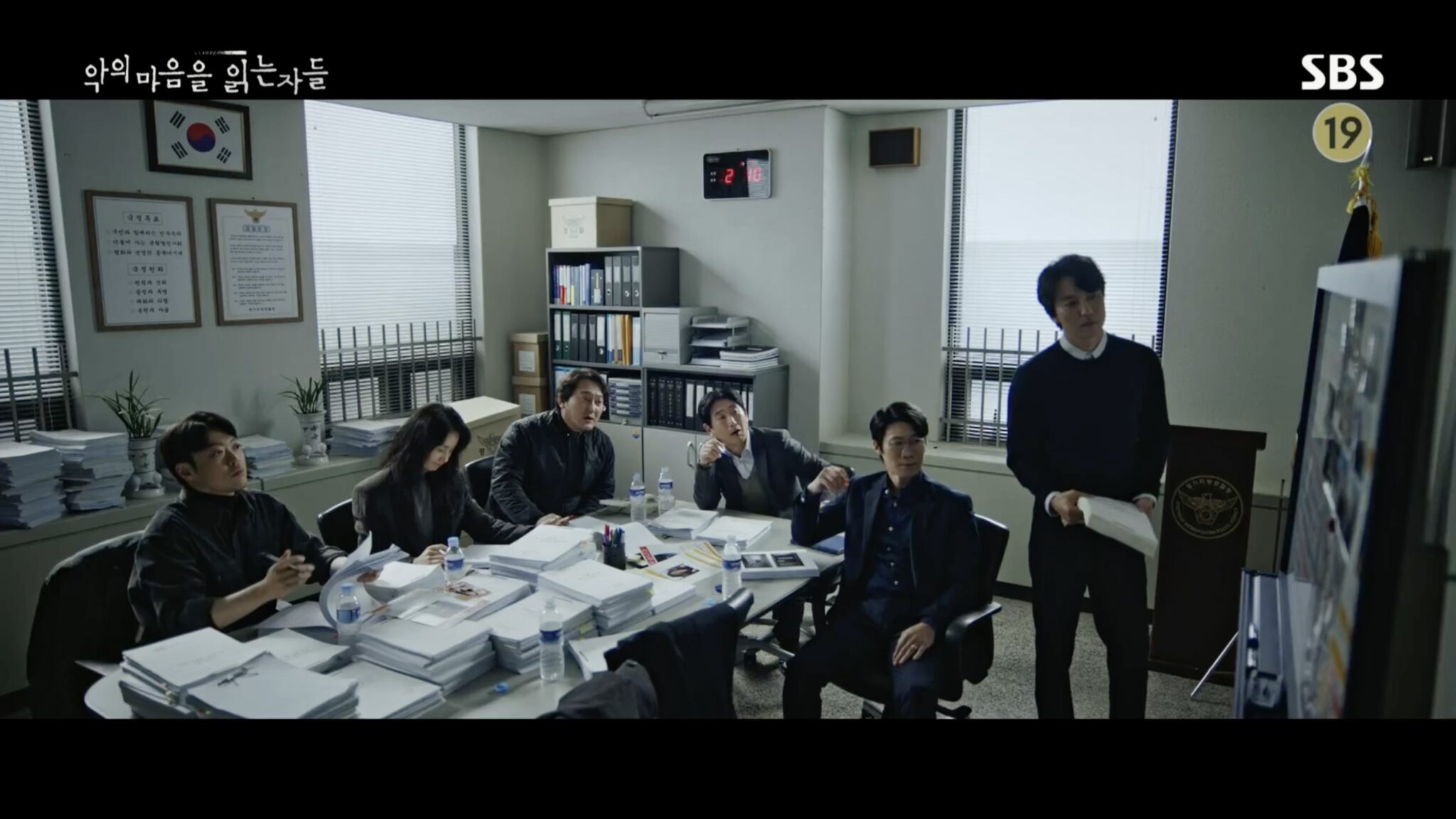
As expected of our workaholic profiler, Ha-young’s back on the job the day he gets discharged. He immediately realizes that all three cases occurred near bus stops in desolate areas, and that the perpetrator must have offered them a ride after they missed the last bus.
A special investigative team is formed to tackle the case, and yay, Tae-gu requests to join, citing her experience working with the Behavioral Analysis Team. The special team draws up a profile of the perpetrator, and I love that everyone takes turns to contribute potential traits. It really shows how far the other officers have come, from their initial disdain and skepticism towards profiling, to their gradual acknowledgement and trust in it.
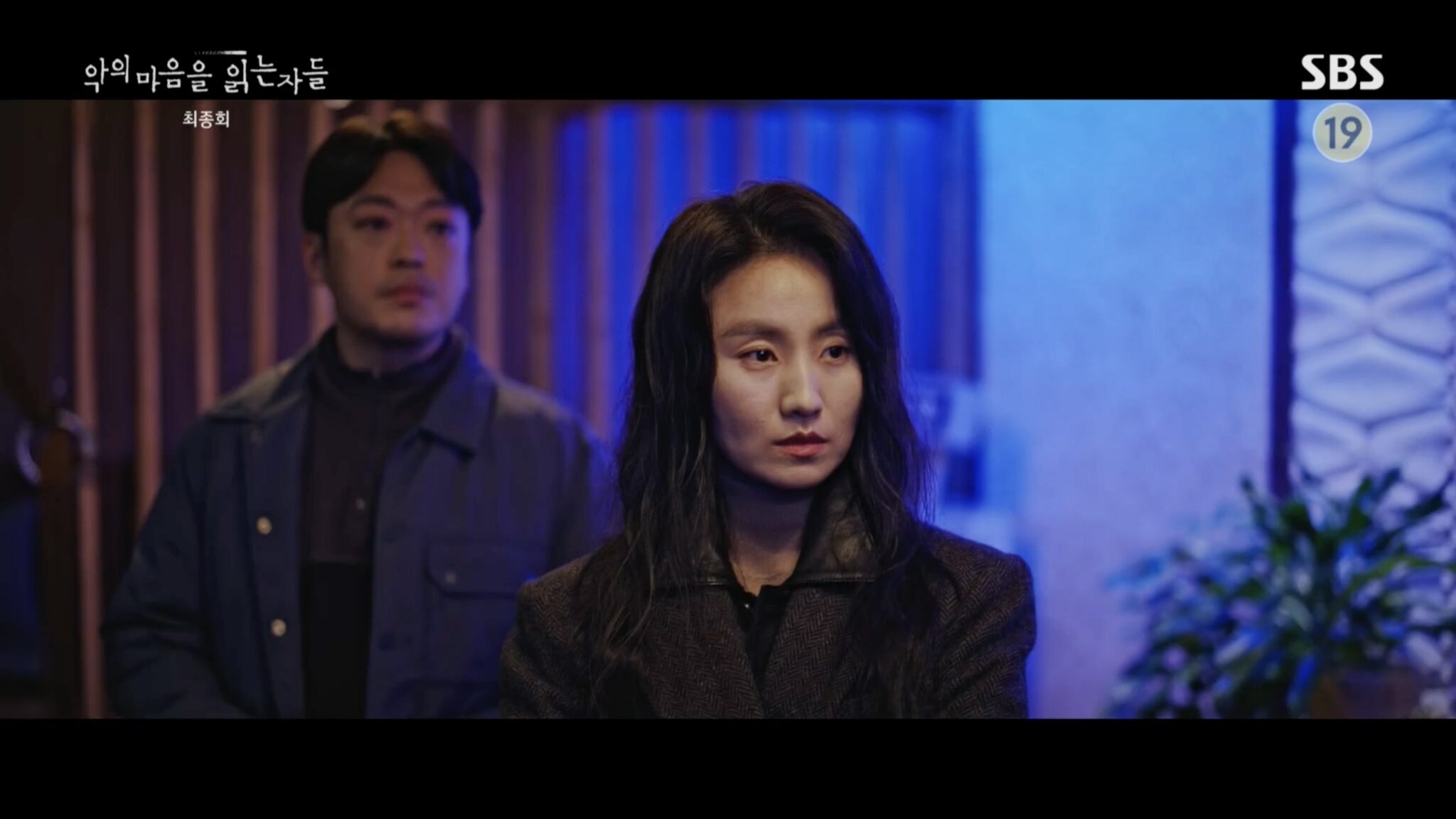
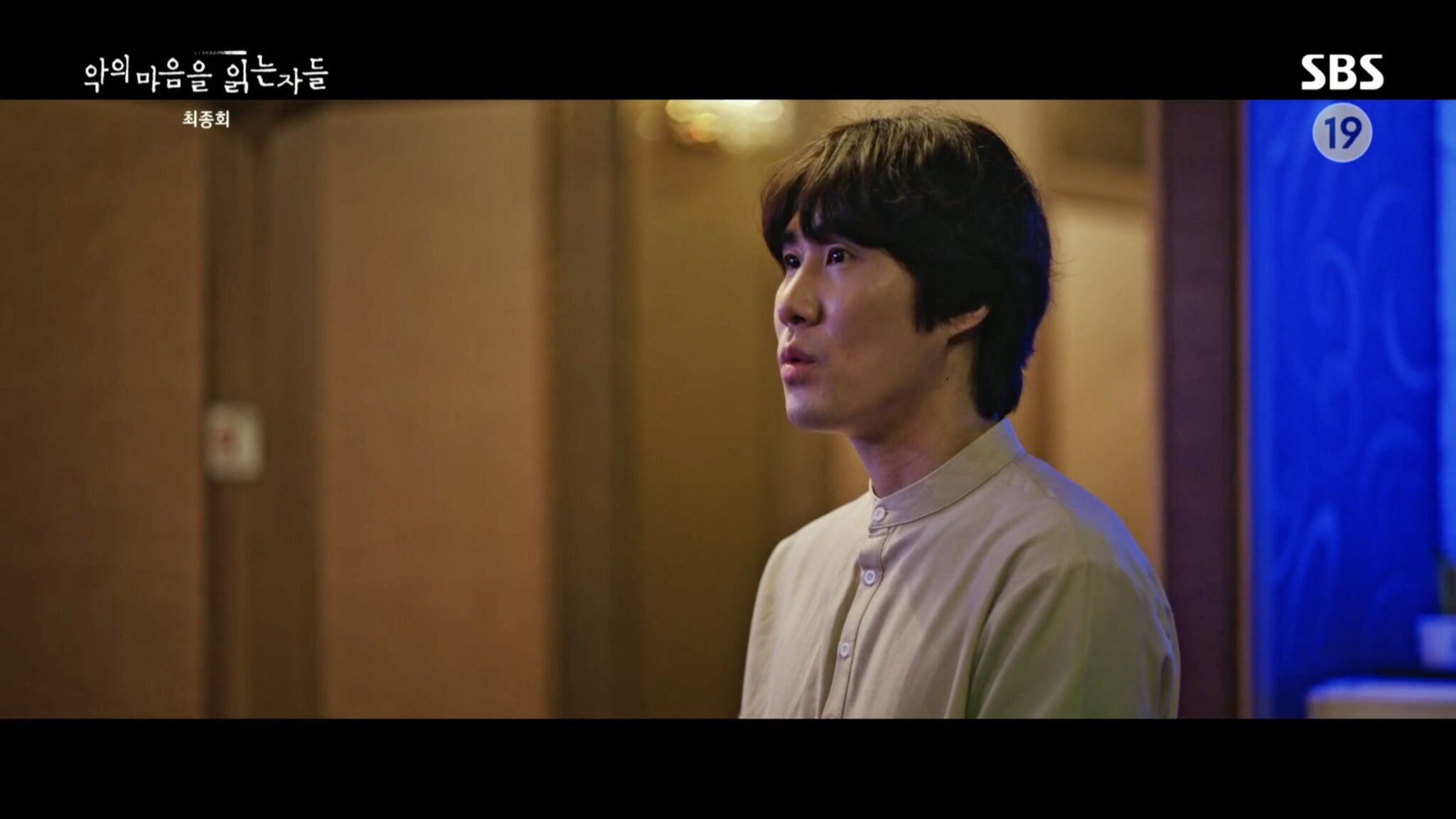
The police find out from CCTV footage that the killer is a 38-year-old man named WOO HO-SUNG (Na Chul), and Tae-gu and Il-young head to Ho-sung’s workplace to question him. Not only does he maintain a calm and confident demeanor, but his alibi also checks out.
It turns out that Ho-sung’s wife and mother-in-law perished in a fire that he may have set to claim insurance, and his arsonist tendencies are flaring up again. Pressured by the encounter with Tae-gu and Il-young, Ho-sung sets his car aflame, destroying the evidence within.
The next morning, he calls the station to report that someone set his car on fire. The nerve of this man! Luckily, his transparent act of arson speeds up the process of getting a warrant issued, and he’s apprehended at his home.
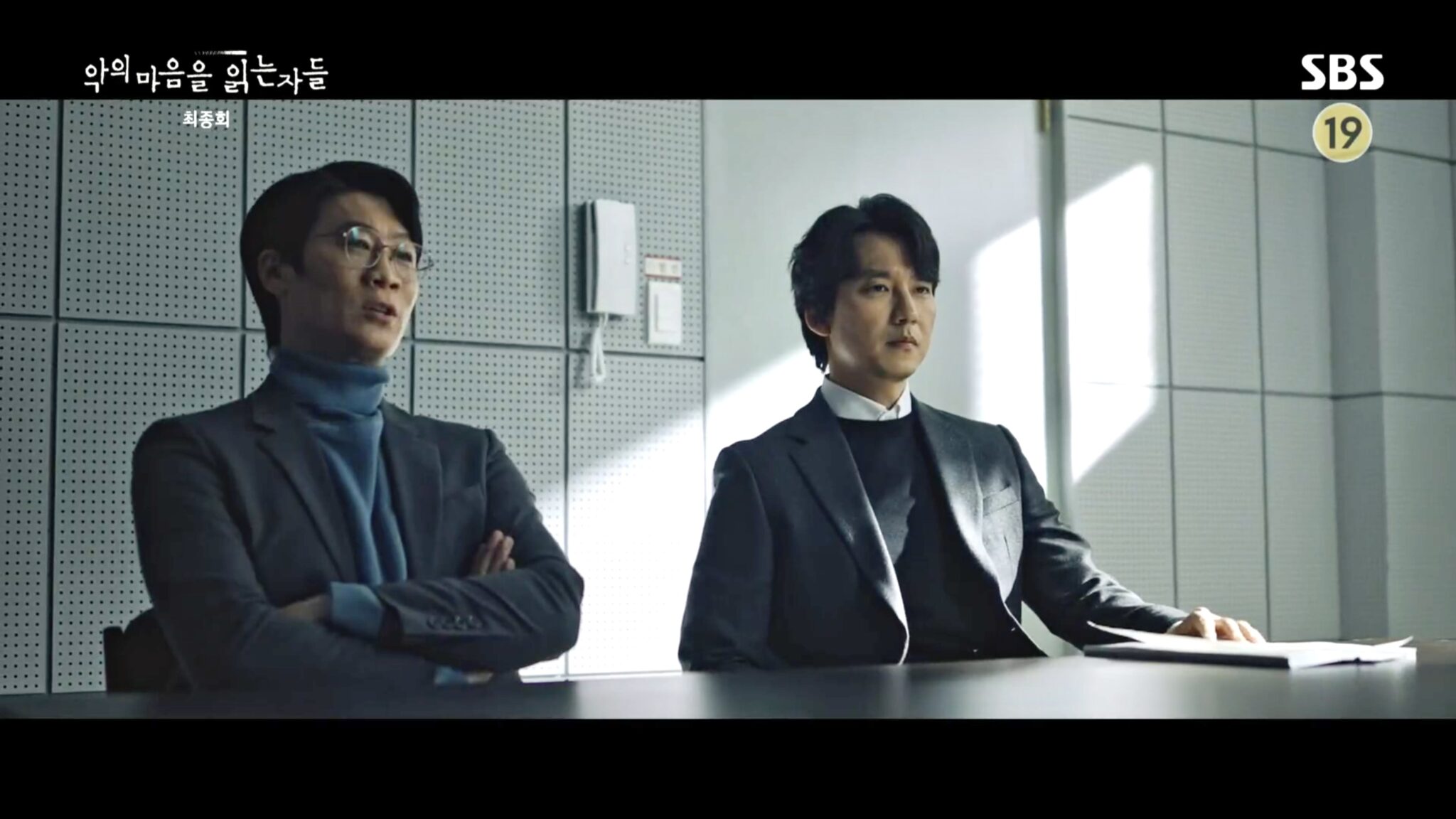
They interrogate Ho-sung, but he’s brazen and unperturbed. Young-soo theorizes that Ho-sung has an antisocial personality disorder, such as psychopathy. With such a high level of self-control, he won’t display his aggression until the moment of a crime. They need a more strategic interrogation method to draw out a confession, so Ha-young and Young-soo take over the interrogation.
Ha-young is fully in control of the conversation, not succumbing to Ho-sung’s power trips or cocky sneering. He presses Ho-sung about the fire incident, in which he only took his son and escaped. Getting increasingly agitated, Ho-sung raises his voice, and even stands up from his chair. Hmm, it seems like his son is his Achilles heel, since he’s likely the object of his narcissistic fixation.
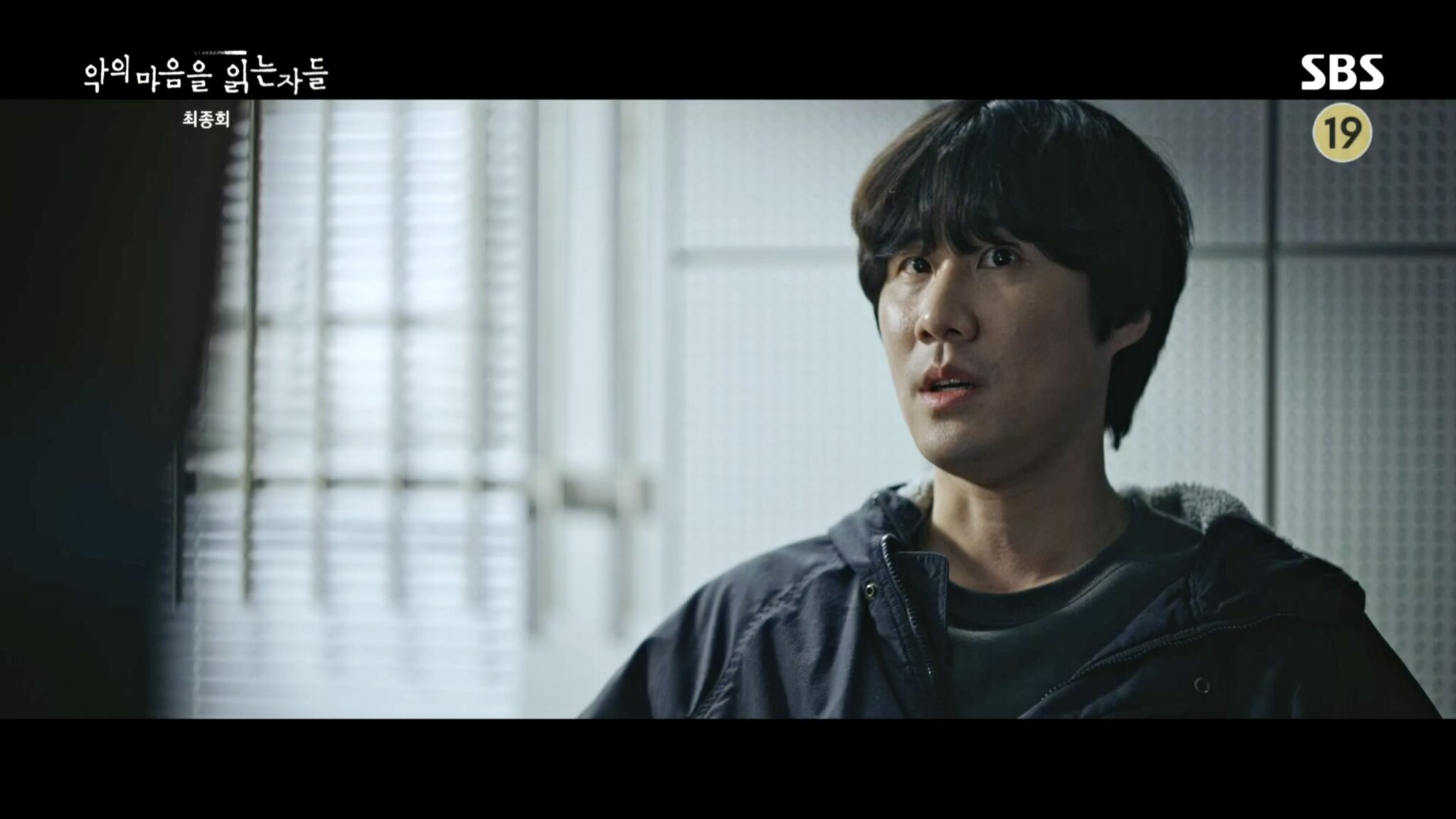
In his complacency, Ho-sung slips up with his words. When the police show him photos of a victim, he incorrectly assumes that they’re of multiple women rather than the single murder they’re accusing him of, revealing that he’s a serial killer. That, along with his previous comment that the police “couldn’t prove anything,” is enough for Ha-young to pin him down as the culprit.
After searching through piles and piles of Ho-sung’s clothes, the National Forensic Service finally discovers a bloodstain on a jacket. The DNA matches that of the victim found buried on the hill, to our team’s relief. Ho-sung’s jig is finally up.
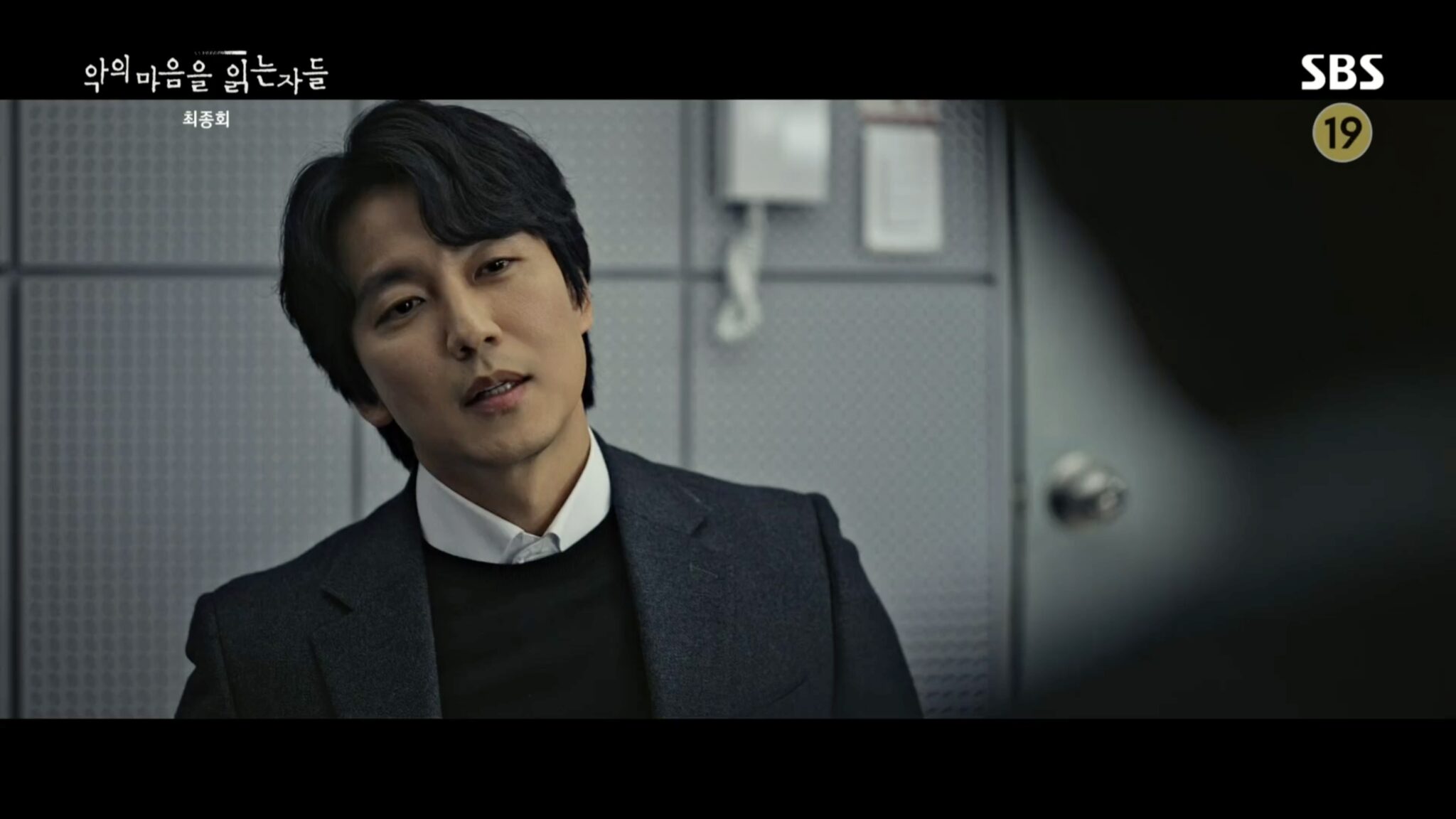
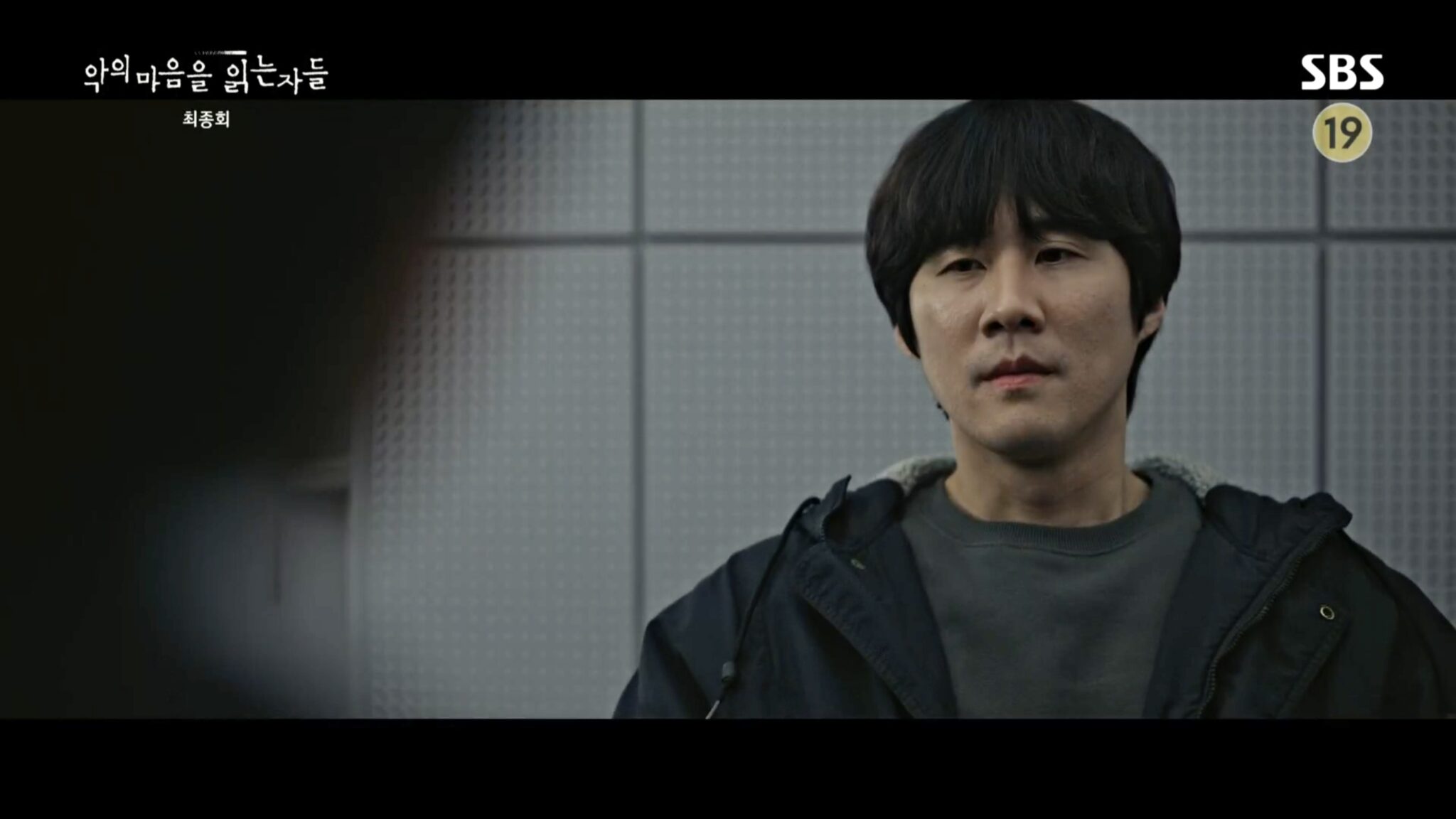
Ha-young enters the interrogation room first, wanting to have a word with Ho-sung. He warns Ho-sung to consider his actions from here on out — does he want his son to remember him as an unrepentant murderer till the very end?
The accident really changed something in Ha-young, because he’s now fully in control of the conversation, no longer affected by the criminal he’s interviewing. He asserts that this will be the last time they’re speaking; he’s already got Ho-sung all figured out, so he’s no longer interested in hearing his story. Ha-young shuts the door with an air of finality, and I couldn’t be more proud.
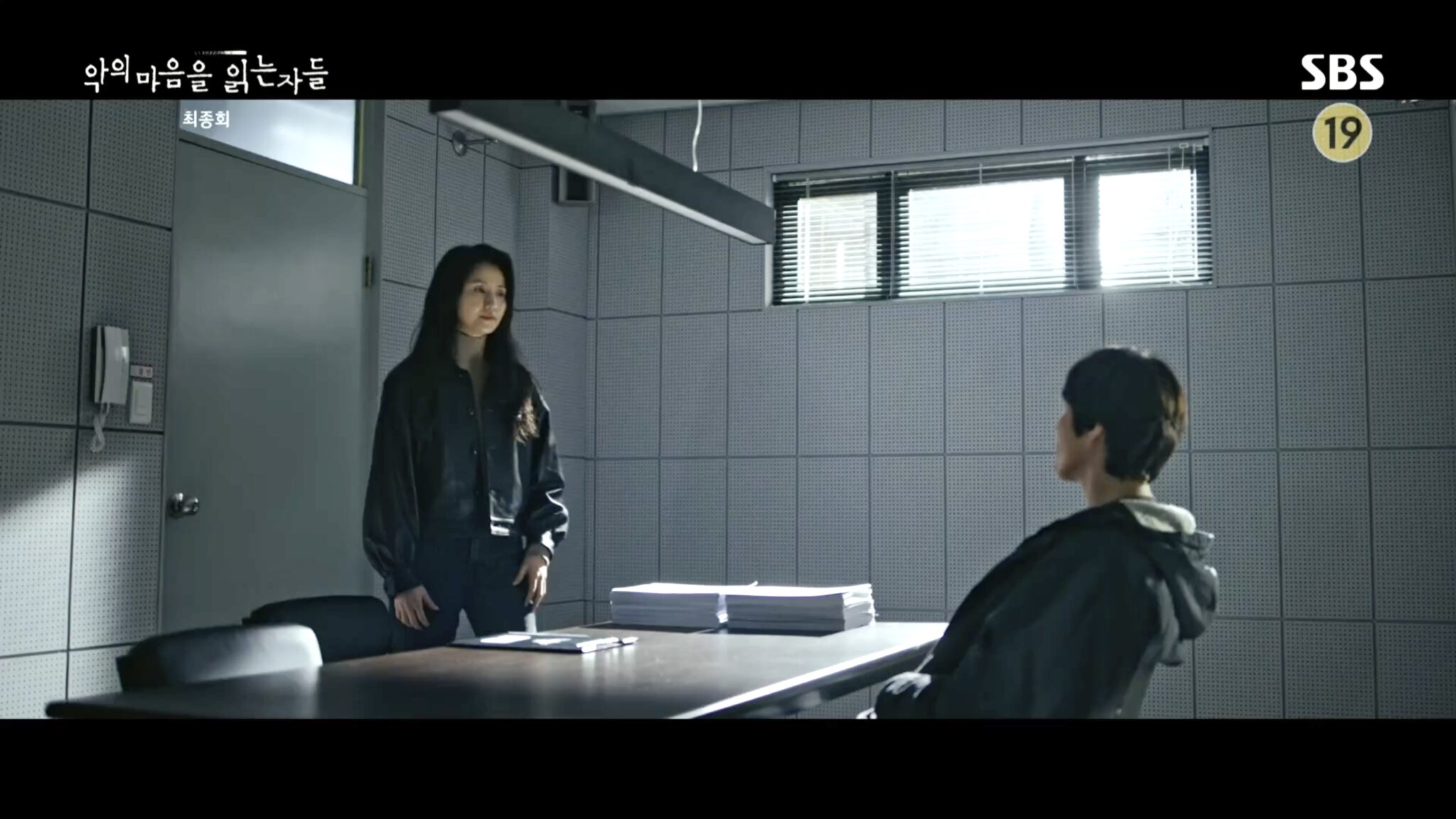
Leveraging on how Ho-sung asked to talk to her specifically, Tae-gu acts as if she sympathizes with him, in order to form a rapport and encourage him to confess. She takes a softer tone than usual with him, offering to hear him out, and it finally gets him to admit to all seven murders.
Proudly, Ho-sung claims that he’s always known that he’s a psychopath, and that it was easy to lure those girls. Tae-gu echoes my thoughts when she points out that it’s all in his head, and he’s actually just a pathetic loser.
Having finally wrapped up the case, the special investigation team clears out their office, and eeee, Ha-young’s smiling! In front of all of them! Sobs, he’s come so far. Yoon-ji moves to a new neighborhood on Woo-joo’s recommendation, and our main team gathers for a rooftop supper at her place. Aw, this is the first time I’ve seen Tae-gu smile so brightly.
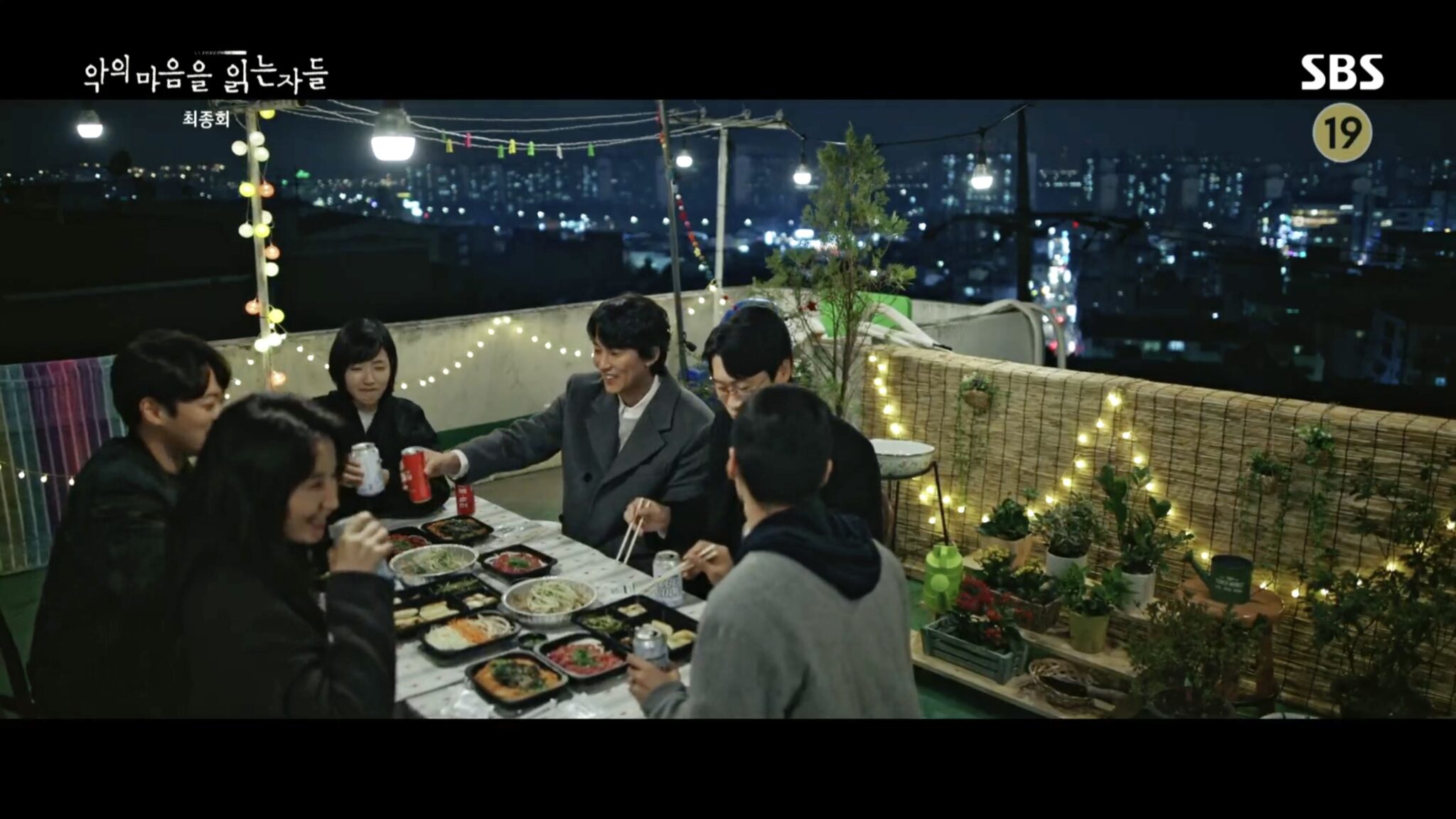
Timeskip to March 2007, and omg, the Behavioral Analysis Team is expanding and recruiting new members! In a speech to the new recruits, Young-soo reminds them that there’s only a fine line between a kind heart and an evil one; their duty is to find out how the hearts of ordinary people and the hearts of heinous criminals cross paths.
Ha-young adds on that what keeps us from turning evil may just be our ability to touch people’s hearts. “I hope you learn how to embrace your own hearts, too,” Ha-young says. It’s a poignant reminder of what he avoided doing for so long, and what he’s finally learnt how to do.
Later that night, Ha-young returns to the tiny old office they spent so many years in, a pensive and nostalgic look in his eyes.

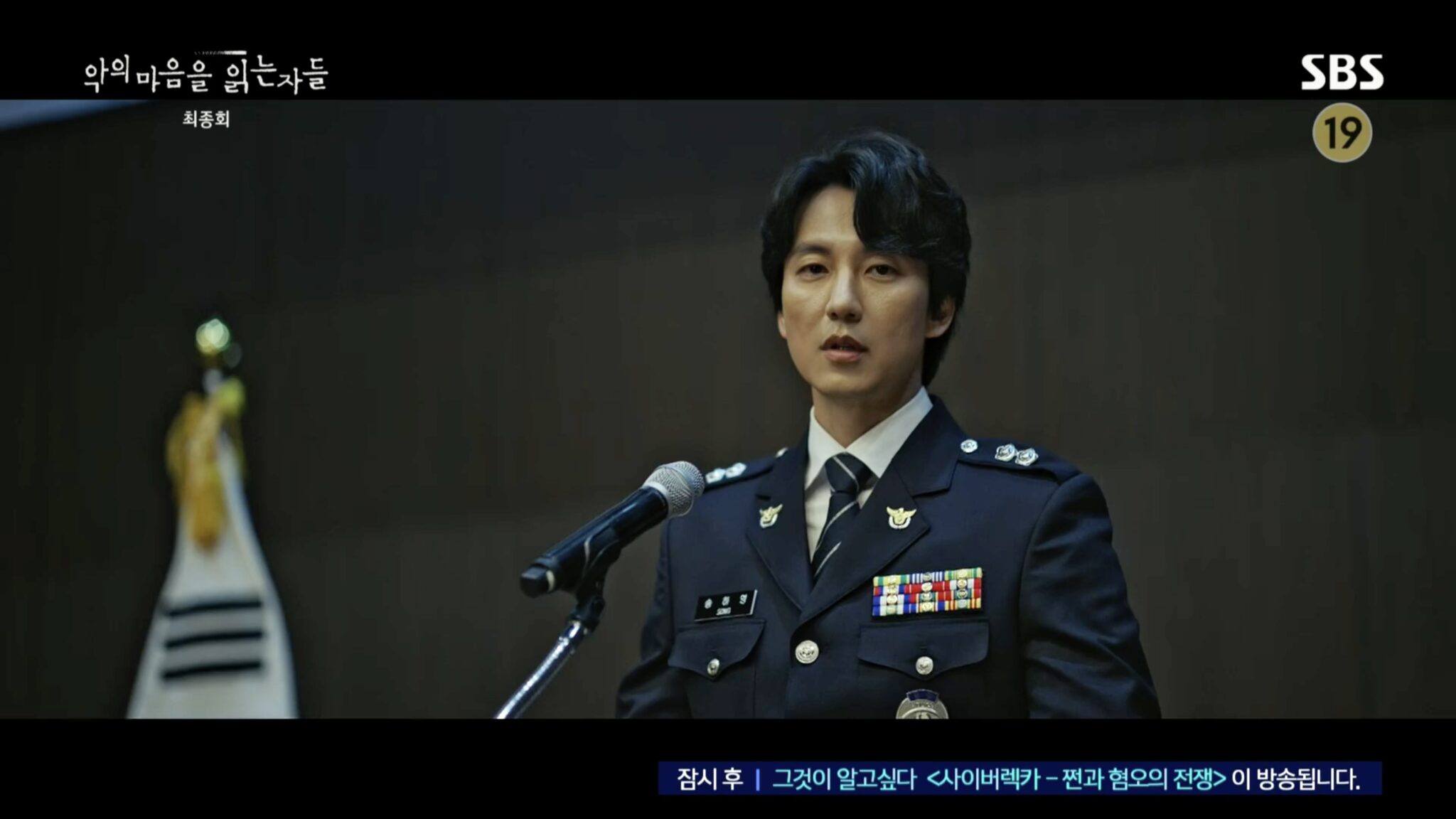
In an interview watched by several prison inmates, Ha-young directly addresses the camera:
“For a long time, we haven’t been able to apprehend the culprit of the Daesung Serial Murders cold case. If he’s watching this broadcast somewhere, I would like to tell him this. Science is progressing day by day, and a perfect crime does not exist in this world. So you’ll definitely be caught.”
I love that the drama ended on such a simple note, without much fanfare. It’s so characteristic of the show, with its message of calling attention to the high number of violent crimes and entreating society to remember and mourn for the victims. (Side note: its attention to detail spanned till the very last minute, with the way they listed the credits in the format of a profiling report!)
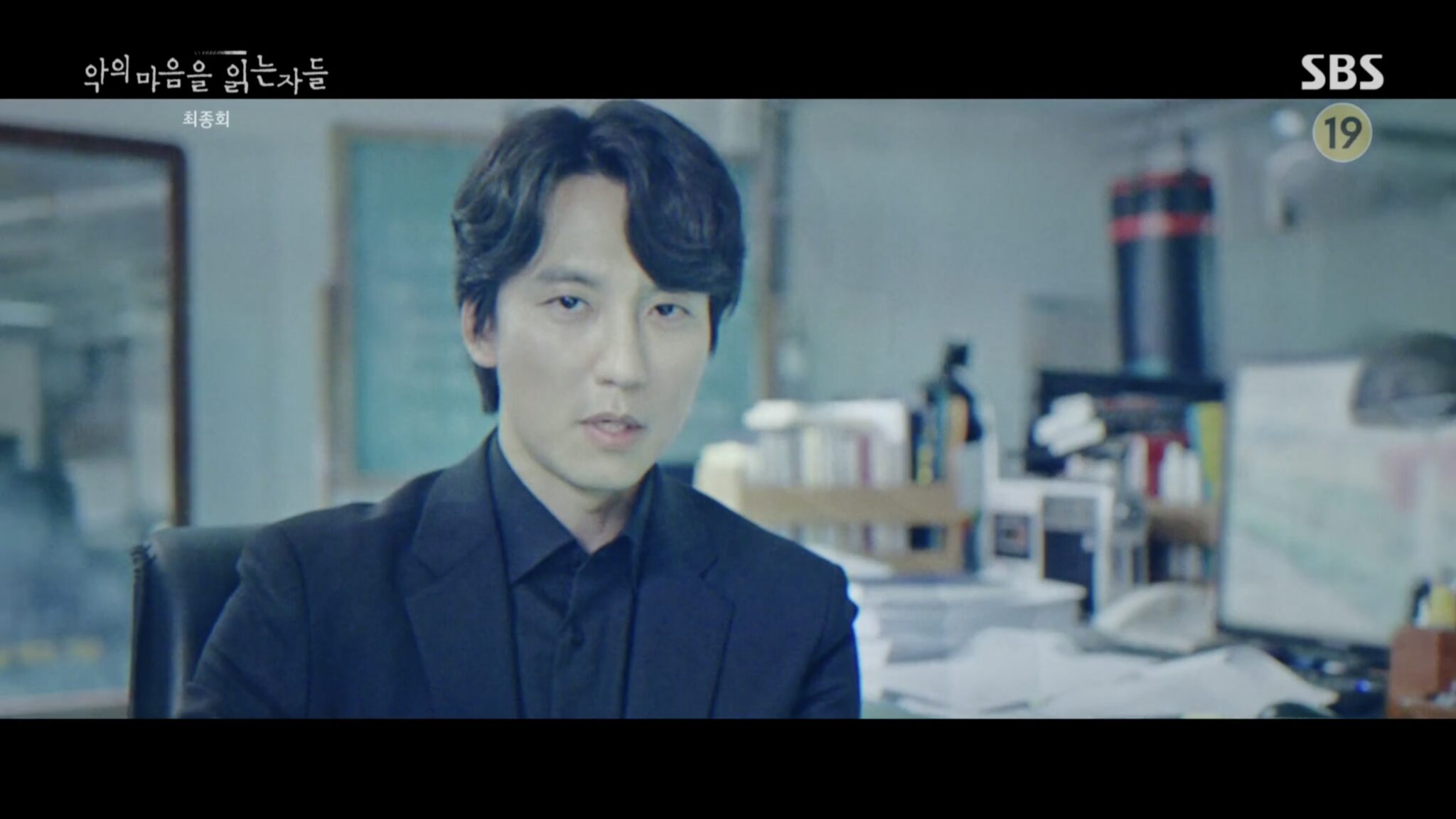
It’s so rare to find a drama that takes the time and effort to give the victims the respect they deserve, instead of paying mere lip service. Even when dealing with the most brutal and infamous of criminals, the drama always took care not to sensationalize the murders it depicted. This show wasn’t for pure entertainment or shock value; instead, it sought to highlight the atrocities that so many people suffer through in silence, sidelined by the media and shafted by society.
If I had to pin down a single thing I appreciated most about this show, it would be its willingness to slow down and linger on the contemplative moments. The scenes of Ha-young lost and wandering, or Young-soo questioning his decisions, or even how the victims’ bereaved families are faring in the aftermath — all of these never played into emotions for emotions’ sake, but instead served as a reminder that past their profession or their circumstance, these people are all ultimately human.
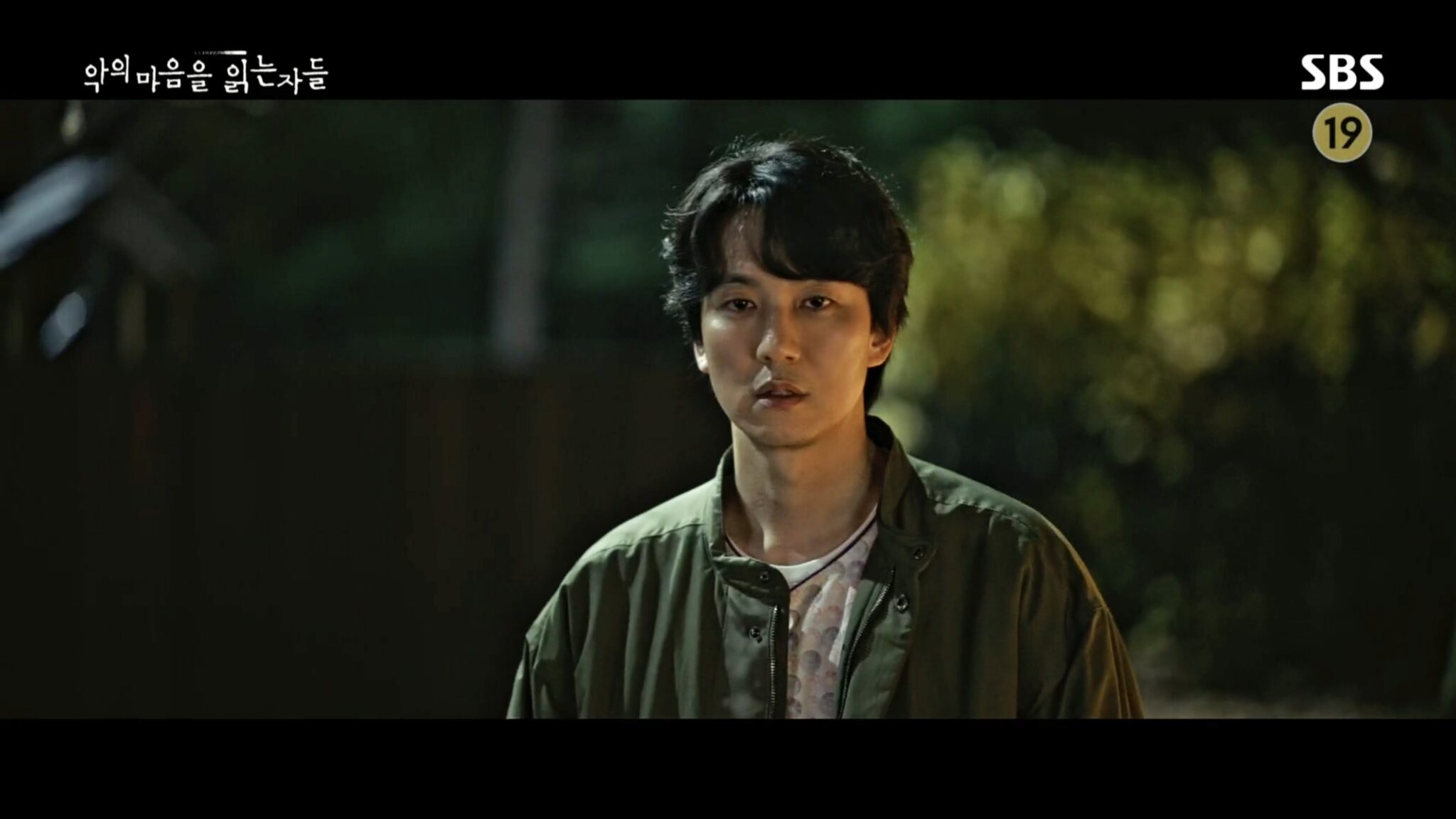
Another aspect I love most, and which I think the drama did wonderfully, is the interrogation scenes. They were so long and detailed, demonstrating the profilers’ varying approaches to different criminals, and taking us through every nuanced shift in the criminals’ psyche. It was as if we were sitting right there with Ha-young, feeling the suffocating air of the criminals’ lack of remorse and having to tamp down our emotional reactions to continue on. When Ha-young’s inevitable breakdown occurred, it didn’t feel like it came out of nowhere for dramatic effect, because we witnessed every step of his descent into self-doubt and despair.
Kim Nam-gil gave an absolutely masterful performance as the tenacious and empathetic Ha-young, conveying so much with just the emotions in his eyes and the slightest shift in his expressions. Despite his reserved soft-spokenness, Ha-young never felt rigid or indecipherable. Instead, his inner tempest of emotion was always so palpable, simmering just below the surface and suffusing through his actions.
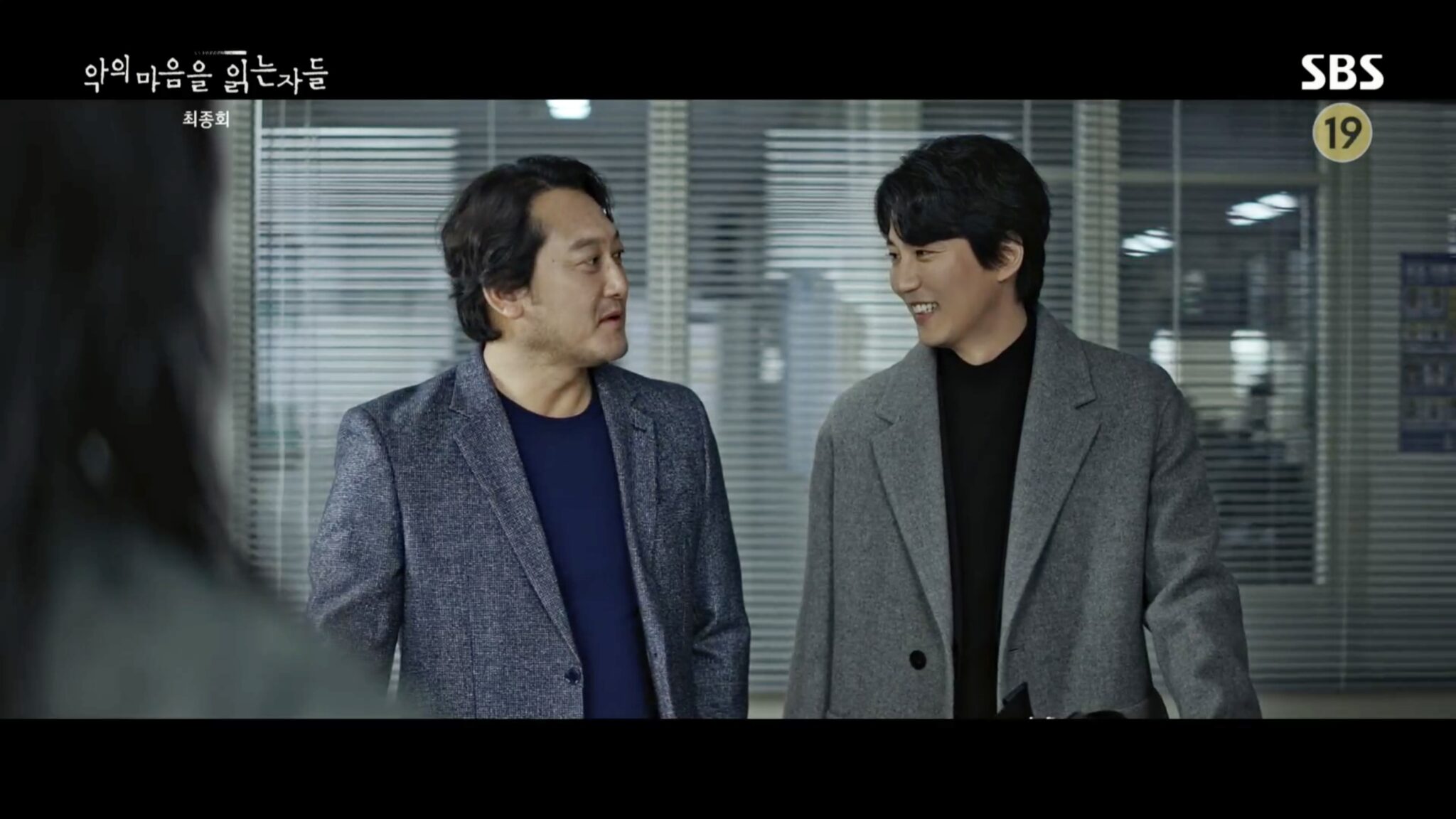
The rest of the main cast also did a phenomenal job, making their characters sympathetic, likable, and easy to root for. Our crew — beginning from the Behavioral Analysis Team and extending to the colleagues they worked with — had a synergy and rapport that was so enjoyable to watch, because it slowly and organically grew from their increasing recognition of one another’s capabilities. That shift in attitude was played so well by each and every one of them, and I’ll dearly miss watching our team in action.
Of course, this show wouldn’t be complete without the character actors that played the criminals. It’s not easy to embody the depravity of such heinous killers, yet they fully committed to their roles and brought these murderers’ cruelty to life without devolving into cartoonish villainy. Watching them made my skin crawl, my anger rise, and my breath catch in my throat — that’s the mark of seriously good acting.
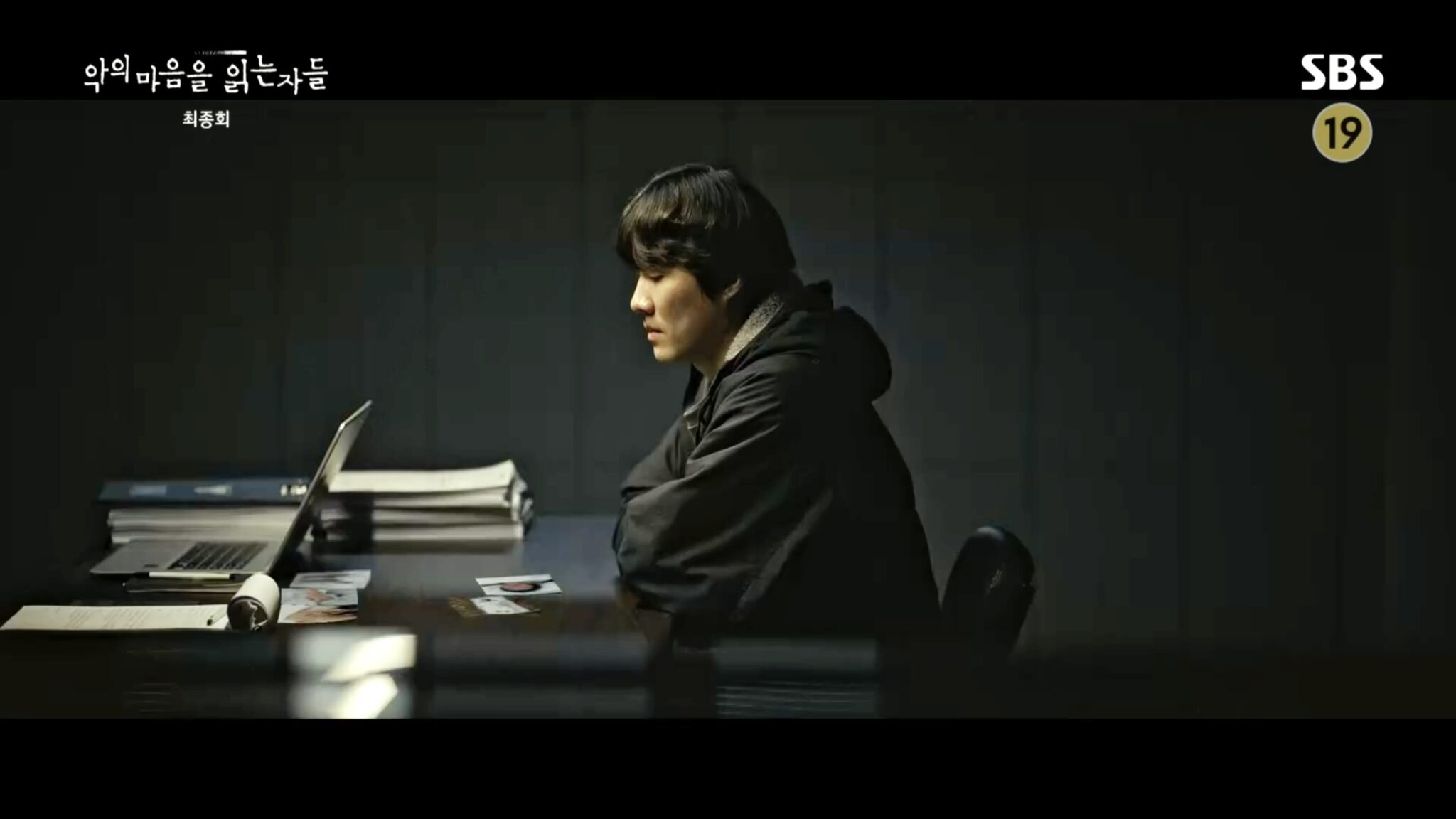
Honestly, I could wax poetic about this show for ten pages and it still wouldn’t be enough. I loved how grounded it was, even amidst the tense investigations and the thrilling chases. Even though many characters appeared to be familiar archetypes, they never fell into stereotypes, and were instead multi-dimensional people that knew how to learn, change, and grow.
Tae-gu demonstrates this in her gradual shift from explicit skepticism to a willingness to accept and even cooperate with Ha-young’s profiling, alongside her ability to be both strong-willed and sensitive. She’s the epitome of a strong female character that isn’t reduced to her stereotype-breaking traits, nor her stereotypical ones. She just is, and that’s what’s so amazing about her.
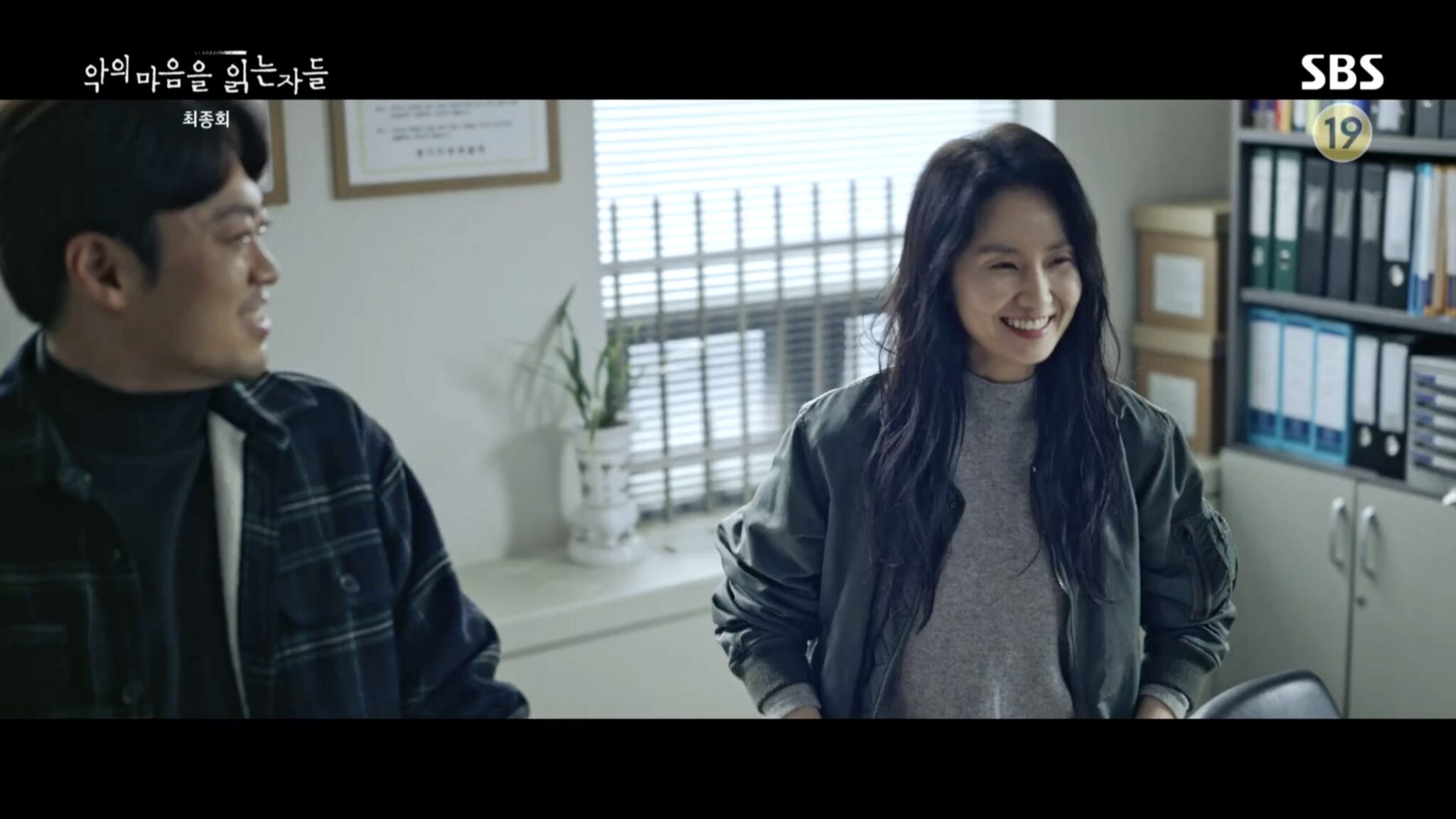
The show was unflinching in its true-to-life portrayal of how deplorable and despicable these murderers are, as well as the mental fortitude required to pursue them on a daily basis. It never shied away from portraying the ugly underbelly of the criminal justice system, whether that meant ingrained misogyny, unscrupulous reporters, or simply the resistance to change.
Even so, the show never failed to weave in threads of hope. Where there is darkness, there will be light; where there is evil, there will be good that strives to curb it. It’s a quiet optimism that never once veers into cliche or pretentious territory. Instead, it’s a subtle reassurance that not all is lost with the world. Though the struggle against crime is a never-ending one, these unsung heroes will continue to push forward with determination, integrity, and compassion.
As this drama’s tale draws to a close, may we all find some modicum of comfort in the knowledge that our protagonists — and their real-life counterparts — will continue their valiant battle against the darkness of evil.
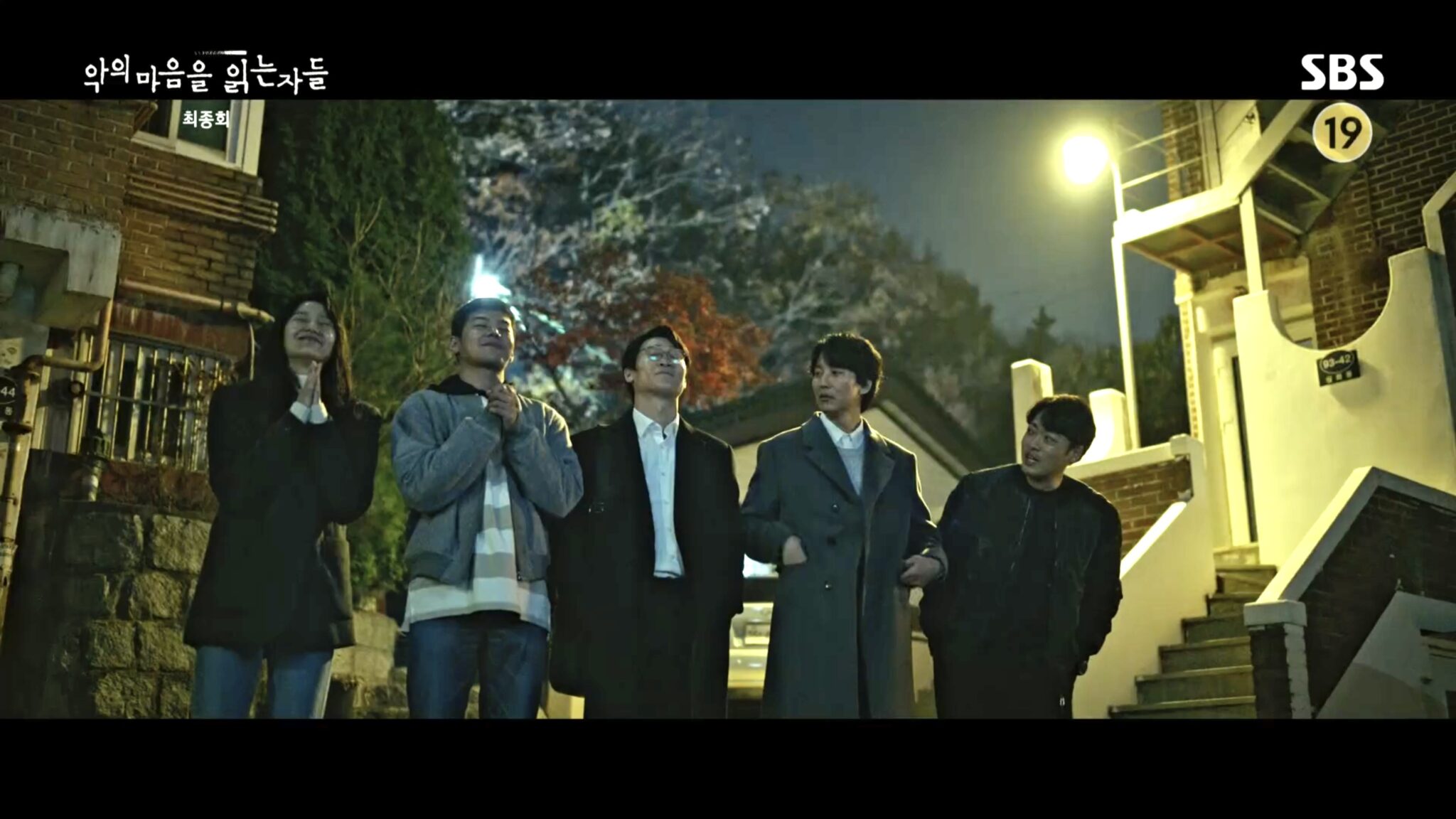
RELATED POSTS
Through the Darkness: Episodes 11-12 Open Thread (Final)
Source: Buzz Pinay Daily
0 Comments